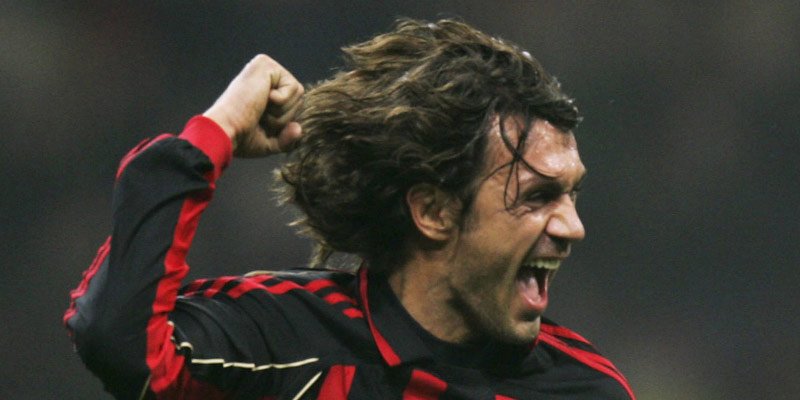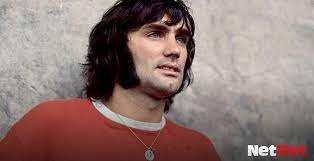
Paolo Maldini: The Legendary Defender Who Conquered Football
Paolo Maldini is not just a name; it’s a footballing legacy that echoes through history. Known for his flawless defensive skills, incredible longevity, and natural leadership, he has solidified his place as one of the greatest defenders of all time. His contributions to the sport are cherished and celebrated, a legacy that continues to inspire players today. To explore more about this football icon, check out F8BET for deeper insights into his unforgettable career.
Introduction to Paolo Maldini
The world of football has seen numerous players who dazzled fans with their technical prowess and athleticism. However, few have managed to transcend the game itself, becoming synonymous with excellence over decades. Paolo Maldini epitomizes this phenomenon. With a professional career spanning over two decades, largely spent at AC Milan, he redefined the role of a defender. His ability to read the game, coupled with his calm demeanor under pressure, earned him respect from teammates and opponents alike. Beyond the accolades and trophies, Maldini’s influence extends to aspiring footballers around the world, serving as a beacon of inspiration for both defenders and leaders on and off the pitch.
Who is Paolo Maldini?
Paolo Maldini is widely regarded as one of the best defenders in the history of football. Born on June 26, 1968, in Milan, Italy, he comes from a family rich in footballing heritage; his father, Cesare Maldini, was also a celebrated player and coach.
Maldini’s talents quickly became apparent as he climbed through the ranks of youth football, eventually making his debut for AC Milan at the tender age of 16. Over the course of his illustrious career, he amassed numerous titles and awards, solidifying his status as a living legend. He played over 1,000 professional matches, securing seven Serie A titles and five UEFA Champions League trophies with AC Milan. Additionally, he served as captain for both club and country, exemplifying leadership and commitment.
What sets Paolo Maldini apart is not just his impressive trophy cabinet but also his profound understanding of the game. His ability to anticipate plays, execute perfect tackles, and communicate effectively with his teammates transformed him into a formidable force on the field. His legacy, built on sportsmanship and a love for the game, continues to inspire future generations of footballers.
Early Life and Football Beginnings
Understanding the journey of Paolo Maldini requires a glimpse into his formative years—a period that laid the foundation for his remarkable career. Growing up in Milan, he was surrounded by football culture, which significantly influenced his early development as a player.
Childhood Influences
Maldini’s childhood was steeped in football. From a young age, he would accompany his father, Cesare, to training sessions and matches. These experiences deeply impacted his perception of the game. Watching his father compete at high levels instilled a sense of ambition in young Paolo. The competitive spirit ran in the family, and the elder Maldini’s success set a benchmark for his son.
Moreover, the local football scene in Milan was vibrant, providing Paolo with ample opportunities to hone his skills. He joined the youth team of AC Milan at just 10 years old, where he began his formal training. It was clear from the outset that he possessed a natural talent for the sport, combined with a work ethic that would propel him toward greatness.
Early Career Development
As Paolo progressed through the youth ranks, his raw talent caught the attention of coaches. At 16, he made his first-team debut for AC Milan, and it didn’t take long for him to establish himself as a regular starter. His early career was marked by versatility, allowing him to play both as a full-back and a central defender, showcasing his adaptability to various playing styles.
Maldini’s performances during his initial years were characterized by tenacity and impressive tactical awareness. His ability to read the game and anticipate opposition movements made him a crucial asset for the team. With every match, he gained invaluable experience against some of the best attackers in the world, further honing his craft.
In these formative years, he also learned the importance of discipline, resilience, and teamwork—qualities that would define his career. His upbringing in a football-oriented family, paired with his early exposure to the rigors of professional football, set the stage for what would become a legendary career.



